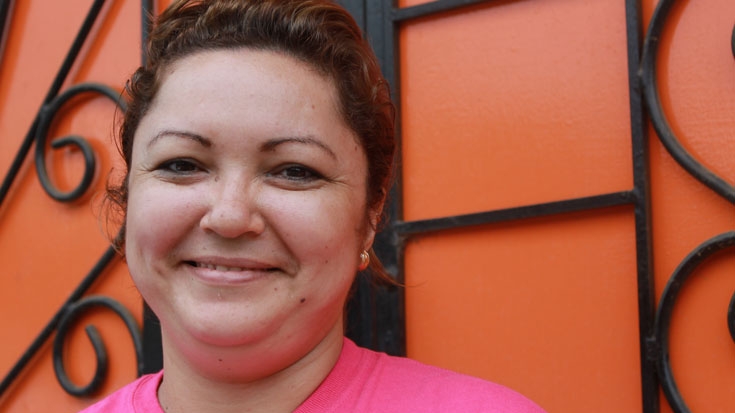Challenge
El Salvador has one of the lowest levels of use of formal financial services in Latin America. Out of the 40 percent of the population with the lowest incomes, just 6 percent have accounts at financial institutions. Although financial access has expanded, most credit and deposit-taking activities still occur in the capital of San Salvador. Often, banks do not open branches elsewhere, because the volume of transactions is too low to be cost effective. This makes it particularly difficult and costly for residents in rural areas to access basic financial services. To expand access to financial services and to establish an enabling legal and regulatory framework for this access, the Salvadoran government expressed an interest in learning from global best practices.
Solution
The World Bank-funded Developing the Legal and Regulatory Framework for the Provision of Financial Services through New Technological Channels technical assistance supported efforts by Salvadoran authorities to develop the legal and regulatory framework and enable the provision of financial services with new technologies. Building on the success of similar models worldwide, the Bank team provided feedback on the regulation establishing a framework for financial correspondents—third parties, such as grocery stores, pharmacies and gas stations—authorized to provide basic financial services for banks. The Bank team also supported stakeholder dialogues; for example, the team made a presentation of retail payments at a Financial Inclusion Forum organized by the Central Bank in June 2013. In addition, the Bank team provided feedback on different models of regulation for mobile financial services and electronic banking. Finally, the Bank team also provided feedback on a declaration to support financial inclusion that supports the framework for retail payments, electronic money and basic bank accounts with simple conditions and lower fees. The Bank team also provided input to the draft mobile financial services regulation and financial inclusion decrees, both of which are pending approval.
Outcomes
The Bank’s technical assistance supported financial inclusion in El Salvador in the following ways:
- In June 2013, a regulation establishing a framework for the use of financial correspondents—third parties such as grocery stores, pharmacies and gas stations authorized to provide basic financial services for banks—was enacted. It entered into effect in August 2013.
- To date, two banks have received approval to utilize this new framework.
- Between December 2013 and May 2014, 484,128 basic banking transactions totaling nearly US$45 million were processed through financial correspondents.
- The mobile financial services regulation was made available for public comment in December 2013 and is pending approval with the Committee of Regulation. The financial inclusion decree was submitted to the Legislative Assembly for approval in June 2014. If these efforts are passed and implemented, they are expected to support additional channels with the potential to promote financial inclusion.
Bank Group Contribution
The 2010 World Bank/IMF Financial Sector Assessment Program (FSAP) diagnostic, which highlighted challenges in payment systems and financial inclusion, provided the analytical foundation and recommendations that gave rise to this project. The technical assistance provided through this project was made possible by a US$40,000 grant, funded by the Financial Sector Reform and Strengthening (FIRST) Initiative Multi-donor Trust Fund.
Partners
This initiative complemented financial sector development work being carried out by the United States Agency of International Development (USAID El Salvador).
Moving Forward
Currently, there is a window of opportunity to implement regulations to define the provision of mobile financial services and enact the financial inclusion decree to continue to expand financial services in El Salvador. The Bank team will follow up with the Central Bank to coordinate future support on this topic.
Beneficiaries
“This project financed by the FIRST fund has facilitated the creation of appropriate regulation to support financial inclusion in El Salvador, with the expected impact of providing basic financial products and services to populations that have been traditionally marginalized by the formal financial sector, so as to have low-cost money transfers and facilitate payments and transactions through mobile devices, such as cell phones.”—Central Bank of El Salvador
